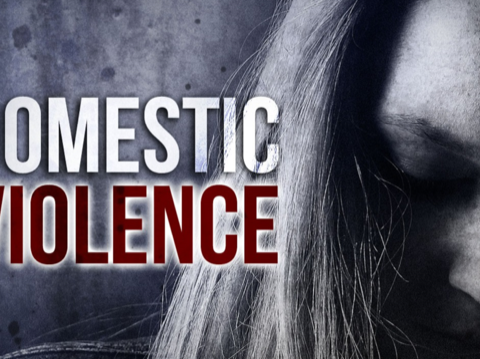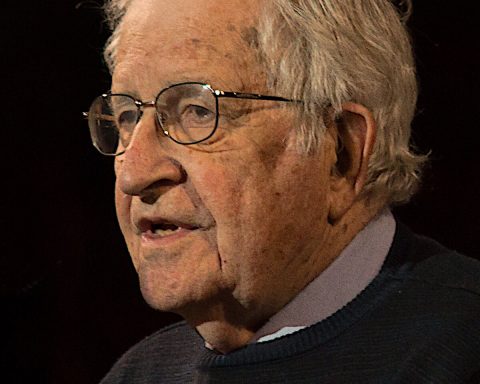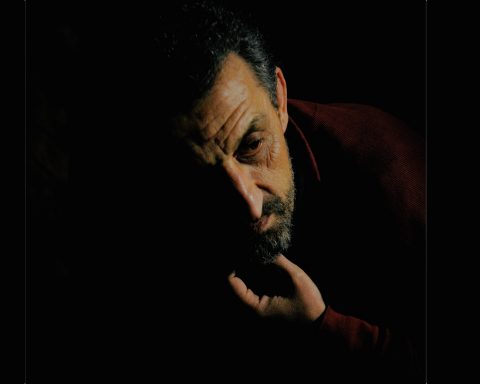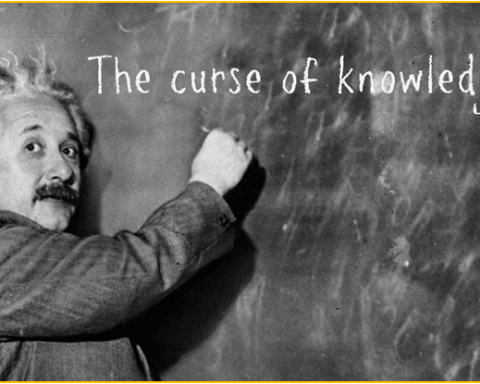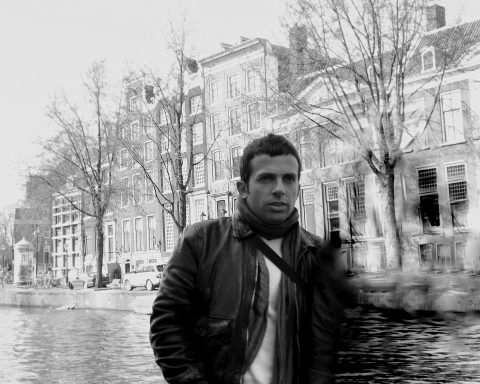My concept was based on another tragedy. The “Tragedy of the Commons” which was first addressed by the British economist William Forster Lloyd in 1833, by observing the unregulated grazing on common land in Great Britain and Ireland. A century later the American biologist and philosopher Garrett Hardin used that term in his article to explain the same problem and its effects on atmosphere, oceans, rivers, and fish among others. (https://science.sciencemag.org/content/162/3859/1243)
Harding in his “Tragedy of the Commons” I am pretty sure, he did not imply us, humans. He was referring to the hoarding of natural or other resources towards any individual welfare rather than the common good.
Sometimes, I wonder, though. What is the common good that everybody seems to have been fighting for ages and is still not that common?
Well, Harding stated that appealing to public’s emotions when it comes to resource management will simply not work.
I feel sorry for the people left with no toilet paper. This is a real tragedy that had monopolised the memes agenda quite a while in the beginning of the quarantine.

Let me now explain my “tragedy of the commoners”.
The tragedy of the commoners is that they are always expendable.
They are always dependable on the state that caters to their own welfare. However, in a blind trust they fail to see how expendable they really are.
The tragedy of the commoners is their failure to realise.
They do not realise that in order for a state to be decent another one will have to suffer indecency. The people of the part that is drained and consumed in all levels cease to be commoners. They become invisible. No one sees or feels their pain, their starvation, their dying children, their epidemics, the injustice they suffer and finally their disappearance.
The joy of having too much blurs the commoners’ morality which is replaced by a defence mechanism called the invisible veil.

Only when the problem knocks on the commoners’ door, do they realise a part of the truth.
I speak in riddles. I know. Our whole existence is a riddle. Unfortunately, commoners are commons too, controlled by those who can control. Those who own the resources and the means are the ones who probably have the answer or even better the solution.
However, as Harding implies in my eyes but for other reasons, no emotional appeal can make them turn from demons into Gods.
That’s where all the toilet paper went.


